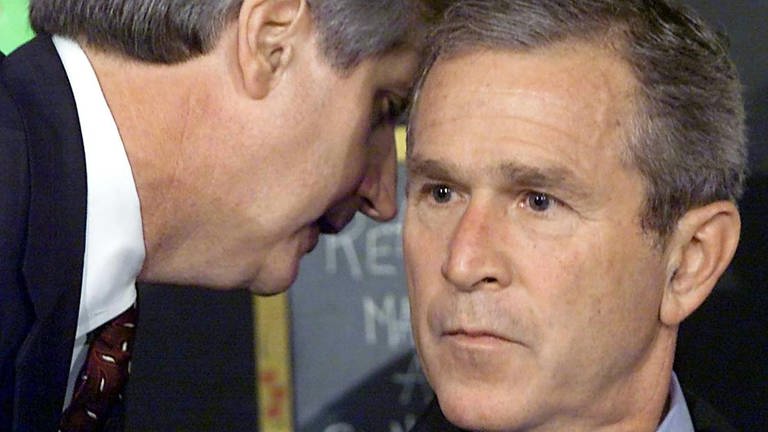The Legacy of George Bush in Modern Politics

Introduction
The legacy of George Bush, the 41st President of the United States who served from 1989 to 1993, continues to influence modern politics and global relations. From the end of the Cold War to the Gulf War, his administration played a crucial role in shaping the political landscape of the early 1990s. Understanding Bush’s impact is vital for comprehending contemporary political dynamics, especially as the world grapples with issues stemming from that era.
Key Events of George Bush’s Presidency
One of the hallmarks of George Bush’s presidency was the conclusion of the Cold War. His diplomatic efforts in collaboration with Soviet leader Mikhail Gorbachev contributed to a peaceful resolution of long-standing tensions, leading to the reunification of Germany and the dissolution of the Soviet Union in 1991. Bush’s foreign policy was characterized by a philosophy of diplomacy over confrontation, a notable shift from his predecessor’s more aggressive posturing.
Furthermore, Bush is recognised for his response to the Gulf War following Iraq’s invasion of Kuwait in 1990. Under Bush’s leadership, a coalition of international forces was formed, resulting in a swift victory that restored Kuwait’s sovereignty. This action solidified Bush’s reputation on the world stage and showcased his commitment to international law, garnering him approval ratings reaching as high as 90% during and after the conflict.
Domestic Policies and Economic Challenges
On the domestic front, Bush faced challenges including a recession and rising unemployment rates. His administration implemented the American with Disabilities Act in 1990, which was a landmark decision in enhancing accessibility for disabled individuals across the United States. However, Bush’s decision to break his ‘no new taxes’ pledge during a budgetary crisis alienated some of his conservative base and was a crucial factor in his 1992 re-election defeat to Bill Clinton.
Conclusion
The impact of George Bush’s presidency remains relevant today as political leaders continue to confront the complexities of international diplomacy and domestic governance. The strategies he implemented during pivotal moments in history have left an indelible mark on subsequent administrations and global political policies. As current leaders navigate relations with countries like Russia and the Middle East, Bush’s legacy serves as both a guide and a cautionary tale of the intricate balance between diplomacy and direct intervention. Understanding his contributions allows for a better grasp of the ongoing evolution of global politics.









